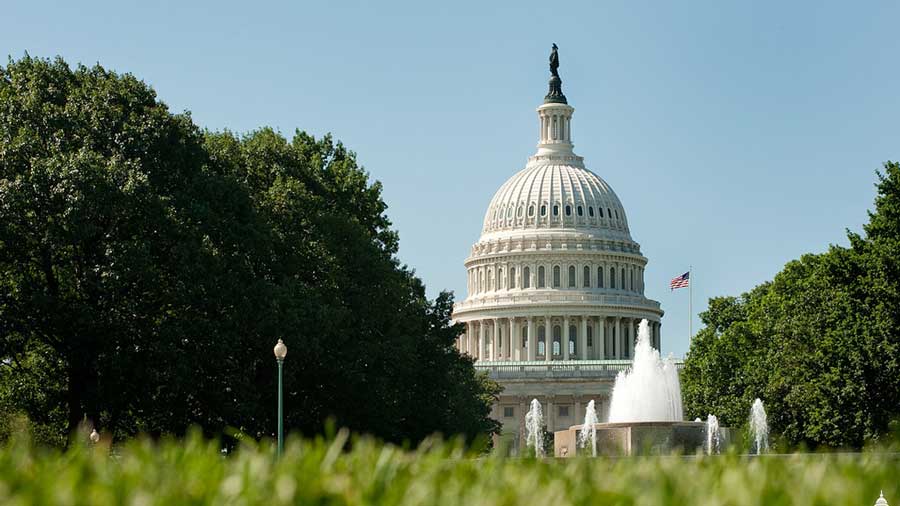Contact Tracing Privacy Bill Introduced

The smarter way to stay on top of the multichannel video marketplace. Sign up below.
You are now subscribed
Your newsletter sign-up was successful
A bill has been introduced in both the House and Senate to protect privacy in an era when tech companies are helping the government with the contact tracing that could be crucial to fighting the further spread of COVID-19.
Public Health Emergency Privacy Act contains enforceable privacy and data security rights for health information, including requiring opt-in consent and prohibiting e-commerce or advertising uses. The key to contact tracing is identifying who people with the coronavirus have come in contact with, which means collecting health and geotracking info.
Chief sponsors of the bill are five Democrats who argue such safeguards will allow more people to feel comfortable providing the important health data for apps that can fight the virus.
“This measure sets strict and straightforward privacy protections and promises: Your information will be used to stop the spread of this disease, and no more,” said co-sponsor Sen. Richard Blumenthal (D-Conn.). Other principal sponsors are Sen. Mark Warner (D-Va.) and Reps. Anna Eshoo (D-Calif.), Jan Schakowsky (D-Ill.) and Suzan DelBene (D-Wash.).
Specifically the bill would:
· "Ensure that data collected for public health is strictly limited for use in public health;
· "Explicitly prohibit the use of health data for discriminatory, unrelated, or intrusive purposes, including commercial advertising, e-commerce, or efforts to gate access to employment, finance, insurance, housing, or education opportunities;
The smarter way to stay on top of the multichannel video marketplace. Sign up below.
· "Prevent the potential misuse of health data by government agencies with no role in public health;
· "Require meaningful data security and data integrity protections – including data minimization and accuracy – and mandate deletion by tech firms after the public health emergency;
· "Protect voting rights by prohibiting conditioning the right to vote based on a medical condition or use of contact tracing apps;
· "Require regular reports on the impact of digital collection tools on civil rights;
· "Give the public control over their participation in these efforts by mandating meaningful transparency and requiring opt-in consent; and
· "Provide for robust private and public enforcement, with rulemaking from an expert agency while recognizing the continuing role of states in legislation and enforcement."
Among the groups backing the bill, according to the legislators, are Lawyers’ Committee for Civil Rights Under Law, Public Knowledge, New America’s Open Technology Institute, Consumer Reports, Free Press, Electronic Privacy and Information Center (EPIC), Public Citizen.
Contributing editor John Eggerton has been an editor and/or writer on media regulation, legislation and policy for over four decades, including covering the FCC, FTC, Congress, the major media trade associations, and the federal courts. In addition to Multichannel News and Broadcasting + Cable, his work has appeared in Radio World, TV Technology, TV Fax, This Week in Consumer Electronics, Variety and the Encyclopedia Britannica.

